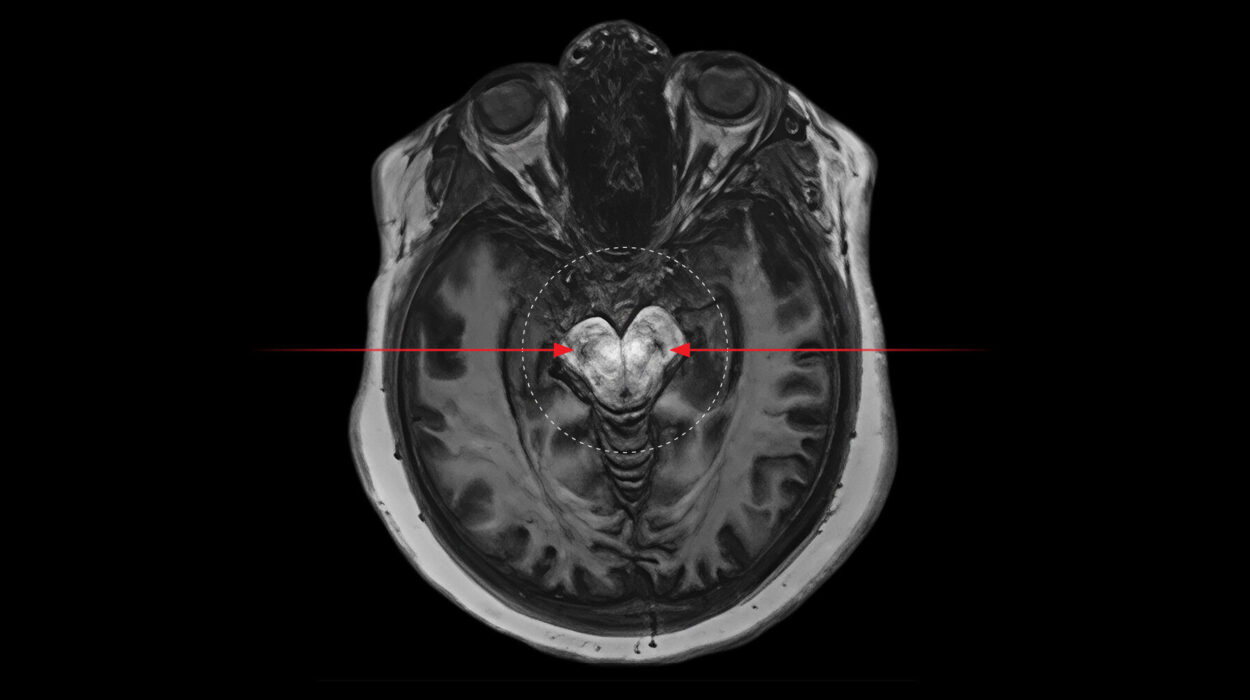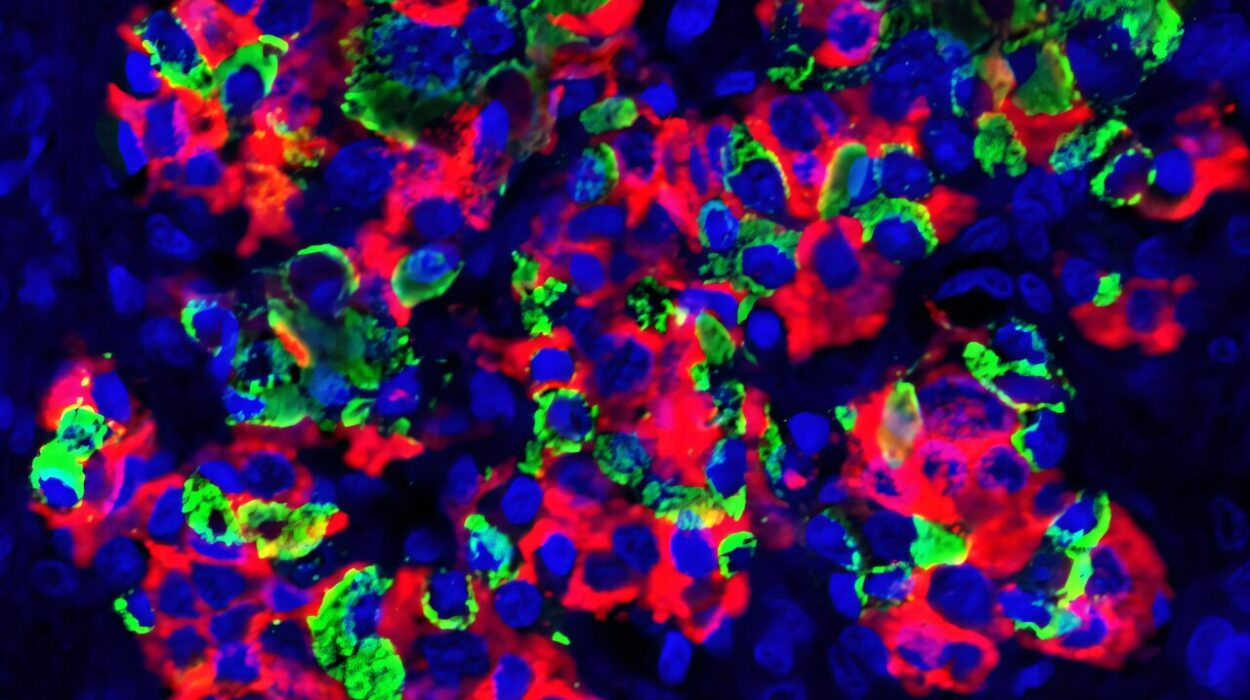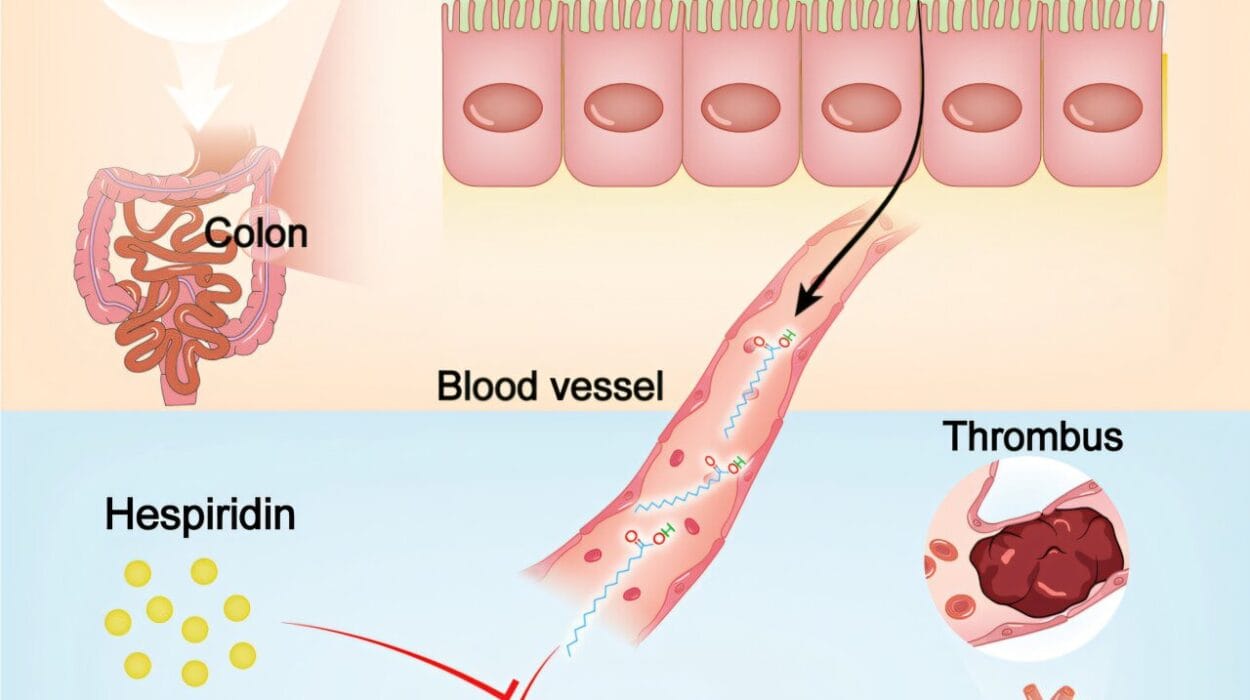Aging is one of life’s greatest paradoxes. On one hand, it is the most natural process of all—an inevitable journey that every living being must take. On the other, it is often viewed with fear, resistance, or denial. Wrinkles, gray hair, and slower steps are commonly framed as losses, symbols of decline. Yet, what if we looked at aging differently? What if we saw it as a stage of deep beauty, wisdom, and opportunity—an invitation to live with greater intention, vitality, and grace?
To age gracefully does not mean clinging desperately to youth or resisting change. It means embracing the process of aging while nurturing the body, mind, and spirit so that life remains full of energy, joy, and purpose. It means maintaining health and vitality as long as possible, but also cultivating acceptance, resilience, and peace when changes inevitably come.
Science, too, has much to say about aging. Far from being a mysterious process beyond our control, research reveals that our daily habits, environments, and mindsets shape how we age. While no one can stop time, there is an enormous difference between merely adding years to life and adding life to years.
The Biology of Aging: What Happens Inside the Body
To understand how to age gracefully, we must first understand what aging is on a biological level. Aging is not a single event but a series of gradual changes at the cellular and molecular levels that accumulate over time.
Scientists identify several key “hallmarks of aging”:
- Cellular damage: Over the years, DNA, proteins, and lipids suffer damage from free radicals, toxins, and natural metabolic processes.
- Mitochondrial decline: The tiny power plants in our cells, mitochondria, gradually lose efficiency, leading to reduced energy production.
- Senescent cells: Some cells stop dividing but refuse to die, releasing inflammatory substances that harm surrounding tissues.
- Stem cell exhaustion: Our reserves of regenerative stem cells dwindle, making it harder for the body to repair itself.
These processes contribute to the visible and invisible signs of aging—wrinkles, slower healing, weaker muscles, cognitive decline, and greater susceptibility to disease. But here’s the hopeful truth: while aging cannot be stopped, many of these processes can be slowed, moderated, or balanced through lifestyle choices.
Nutrition: Food as the Foundation of Healthy Aging
The food we eat does more than satisfy hunger; it fuels every cell, influences gene expression, and shapes how gracefully we age. Research shows that diets rich in plant-based foods, healthy fats, and lean proteins promote longevity and vitality.
The Mediterranean diet, for instance, has been extensively studied and consistently linked with lower risks of heart disease, diabetes, dementia, and overall mortality. It emphasizes olive oil, fish, whole grains, legumes, nuts, fruits, and vegetables—nutrient-rich foods that fight inflammation and oxidative stress.
Another approach gaining attention is caloric moderation. Studies on animals show that moderate calorie restriction without malnutrition extends lifespan and reduces age-related diseases. In humans, intermittent fasting and time-restricted eating appear to improve insulin sensitivity, reduce inflammation, and enhance cellular repair processes such as autophagy.
Key nutrients also play powerful roles in aging:
- Antioxidants (like vitamin C, vitamin E, and polyphenols) combat oxidative damage.
- Omega-3 fatty acids support brain health, reduce inflammation, and protect the heart.
- Protein helps preserve muscle mass, critical for maintaining independence in older age.
- Vitamin D and calcium support bone strength, reducing fracture risks.
Food, however, is more than chemistry—it is culture, pleasure, and connection. To age gracefully, eating should not feel like a medical prescription but rather a joyful, mindful practice that nourishes both body and soul. Sharing meals with others, savoring flavors, and respecting traditions all contribute to the deeper dimensions of well-being.
Movement: The Body’s Fountain of Youth
If there is a single “miracle drug” for graceful aging, it is movement. Regular physical activity is perhaps the most powerful intervention known to science for maintaining health, vitality, and independence in older age.
Exercise strengthens the heart, lowers blood pressure, regulates blood sugar, reduces inflammation, and supports immune function. It preserves muscle mass and bone density, protecting against frailty and falls. Importantly, it also sharpens the mind—studies show that exercise boosts memory, learning, and even creativity by enhancing blood flow and stimulating growth factors in the brain.
Different forms of exercise support aging in unique ways:
- Aerobic activity (walking, swimming, cycling) improves cardiovascular health and stamina.
- Strength training builds muscle, increases bone density, and improves balance.
- Flexibility and balance exercises (yoga, tai chi, stretching) enhance mobility and reduce fall risk.
Perhaps equally vital is the joy of movement. Dancing, gardening, hiking—these activities not only exercise the body but also uplift the spirit. Consistency matters more than intensity; small, daily movements are often more beneficial than sporadic intense efforts.
Sleep: The Silent Healer
Sleep is often overlooked, yet it is one of the most powerful determinants of how gracefully we age. During deep sleep, the body repairs tissues, balances hormones, consolidates memories, and clears waste products from the brain. Without adequate rest, every aspect of health suffers.
Chronic sleep deprivation accelerates aging by increasing inflammation, impairing immunity, raising risks of obesity and diabetes, and contributing to cognitive decline. Conversely, quality sleep protects against Alzheimer’s disease, supports emotional balance, and maintains energy.
Good sleep hygiene—such as consistent sleep schedules, a dark cool bedroom, limited caffeine, and reduced screen exposure before bed—can significantly improve rest and recovery. For older adults, addressing issues like sleep apnea, restless legs, or medication side effects is also crucial.
Stress and Emotional Balance: The Inner Dimension of Aging
How we handle stress profoundly shapes how we age. Chronic stress floods the body with cortisol and adrenaline, hormones that in excess accelerate cellular aging, impair immunity, and damage the heart. Stress also shortens telomeres—the protective caps on chromosomes linked with aging and longevity.
Yet, it is not stress itself but how we respond to it that determines its impact. Resilience—the ability to recover from setbacks—is a hallmark of graceful aging. Practices like mindfulness meditation, yoga, deep breathing, and gratitude journaling have been shown to reduce stress hormones, improve emotional well-being, and even alter brain structure in ways that support aging.
Emotional health also involves maintaining purpose and meaning. People with a strong sense of purpose live longer, healthier lives. Purpose provides direction, motivates healthy behaviors, and nurtures resilience in the face of challenges.
Social Connections: Aging with Love and Belonging
Humans are inherently social beings, and our relationships deeply influence our health. Loneliness and social isolation are linked with higher risks of heart disease, dementia, depression, and even premature death. In fact, social isolation can be as damaging as smoking or obesity.
On the other hand, meaningful connections—whether with family, friends, neighbors, or community groups—act as a buffer against stress, improve immune function, and foster emotional well-being.
Graceful aging, therefore, is not just about caring for one’s own body and mind but also about nurturing bonds with others. Sharing stories, supporting loved ones, volunteering, or simply engaging in laughter and companionship enriches life in ways no supplement or medicine can.
The Role of the Mind: Cognitive Health and Lifelong Learning
Memory lapses, slower processing, and cognitive decline are often feared aspects of aging. Yet, while some decline is natural, cognitive health is far from predetermined. The brain remains remarkably adaptable—a quality known as neuroplasticity—throughout life.
Stimulating the mind with new challenges, skills, and learning strengthens neural connections and builds “cognitive reserve,” a buffer against decline. Activities like reading, puzzles, playing musical instruments, or learning a new language can keep the brain agile.
Equally important is protecting the brain from harm. Regular exercise, good sleep, balanced nutrition, and managing cardiovascular risk factors (like hypertension and diabetes) all safeguard cognitive function. Social engagement and emotional well-being further enhance mental resilience.
Spirituality and Acceptance: The Soul of Aging Gracefully
Aging is not only physical and mental—it is also deeply spiritual. Whether through religion, philosophy, or personal reflection, many people find that growing older invites a deeper search for meaning, transcendence, and peace.
Spiritual well-being can reduce anxiety about aging and death, increase resilience, and foster gratitude. It provides a framework for making sense of life’s changes and for appreciating the beauty of the present moment.
Graceful aging often involves acceptance—of the body’s changes, of life’s impermanence, of losses and endings. Acceptance does not mean resignation; it means making peace with reality while continuing to nurture joy, curiosity, and love.
The Science of Longevity: What Research Tells Us
Longevity research is booming, with scientists investigating how to extend not just lifespan but healthspan—the years of life lived in good health. Several promising areas include:
- Blue Zones: Studies of regions where people live exceptionally long lives (such as Okinawa, Japan, or Sardinia, Italy) reveal common habits: plant-based diets, daily movement, strong social networks, and purpose-driven living.
- Telomere research: Shorter telomeres are linked with aging and disease, while healthy lifestyles can slow their shortening.
- Senolytics: Experimental drugs aim to eliminate senescent cells that contribute to aging and inflammation.
- Genetics and epigenetics: While genes play a role in longevity, lifestyle and environment influence how those genes are expressed—meaning we have significant control over how we age.
Though breakthroughs continue, the consistent message of research is clear: everyday habits—nutrition, exercise, sleep, stress management, relationships—remain the most powerful tools for aging gracefully.
Redefining Beauty and Aging
Modern culture often glorifies youth, equating beauty with smooth skin and slender bodies. Yet true beauty in aging lies not in resisting time but in embodying vitality, authenticity, and confidence. Wrinkles can tell stories of laughter and resilience. Gray hair can symbolize wisdom and dignity. Graceful aging invites us to expand our definition of beauty to include depth, character, and presence.
Health Inequalities and Aging
It is important to acknowledge that not everyone has equal opportunity to age gracefully. Access to healthcare, nutritious food, safe environments, and social support varies widely across communities and nations. Poverty, discrimination, and systemic inequities shape how people age.
Thus, aging gracefully is not solely an individual pursuit but also a societal responsibility. Supporting policies that promote healthcare access, social inclusion, and healthy environments is essential for enabling all people to live longer, healthier, and more dignified lives.
Aging Gracefully as a Lifelong Journey
Ultimately, aging gracefully is not about chasing eternal youth but about cultivating habits and mindsets that allow us to live with vitality, purpose, and joy at every stage of life. It is about aligning body, mind, and spirit in a way that honors both the gifts and challenges of growing older.
We cannot control time, but we can choose how we walk alongside it—whether with resistance, fear, and bitterness, or with acceptance, gratitude, and grace. Science offers us tools to nurture our bodies and minds, but the art of aging lies in how we weave these tools into a life of meaning, connection, and love.
To age gracefully is to live fully, deeply, and authentically. It is to greet each stage of life not as a decline but as a new chapter—one rich with its own beauty, wisdom, and opportunities for joy.






